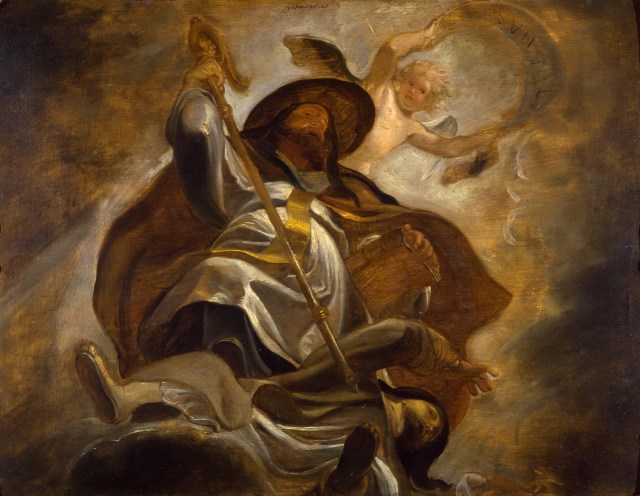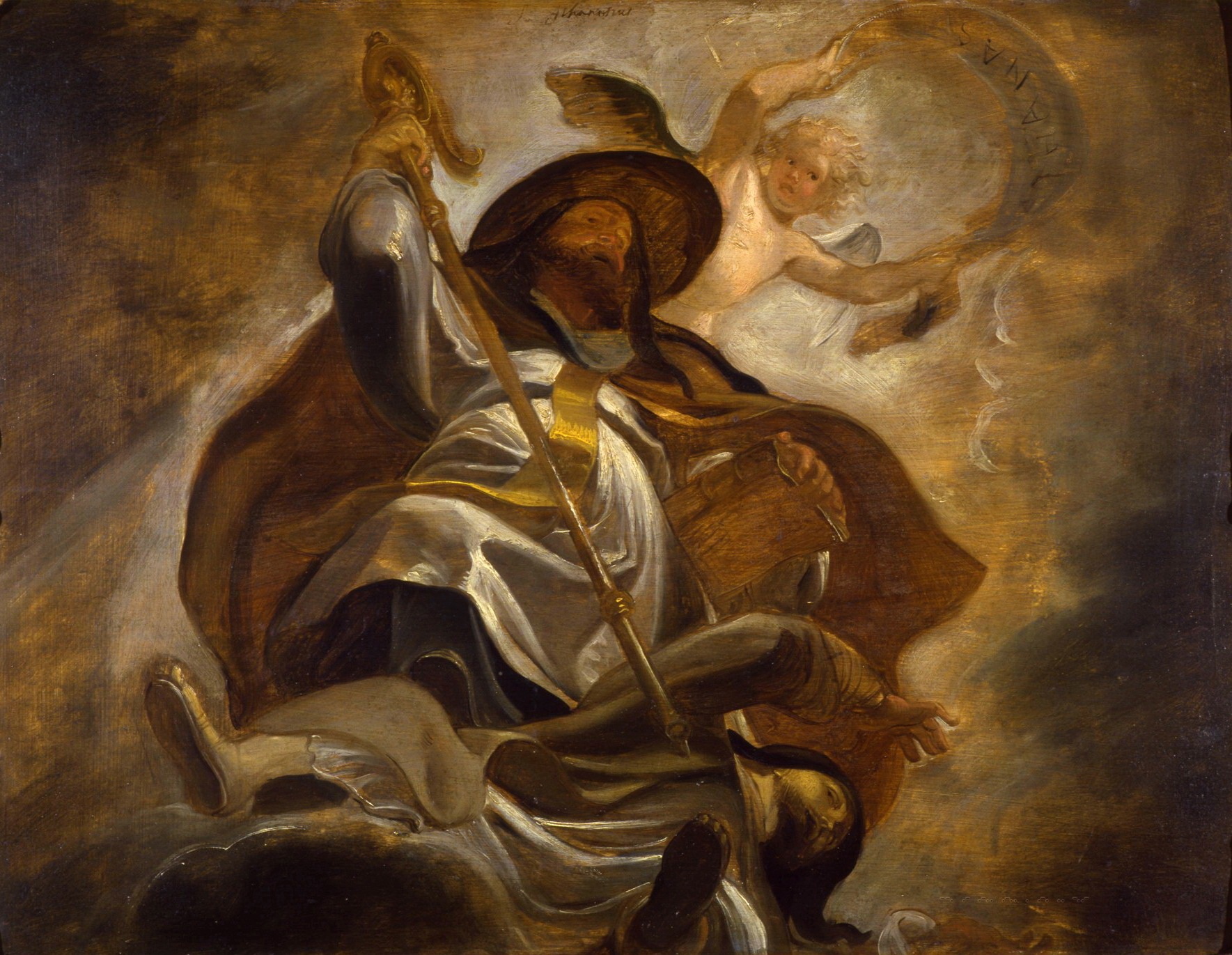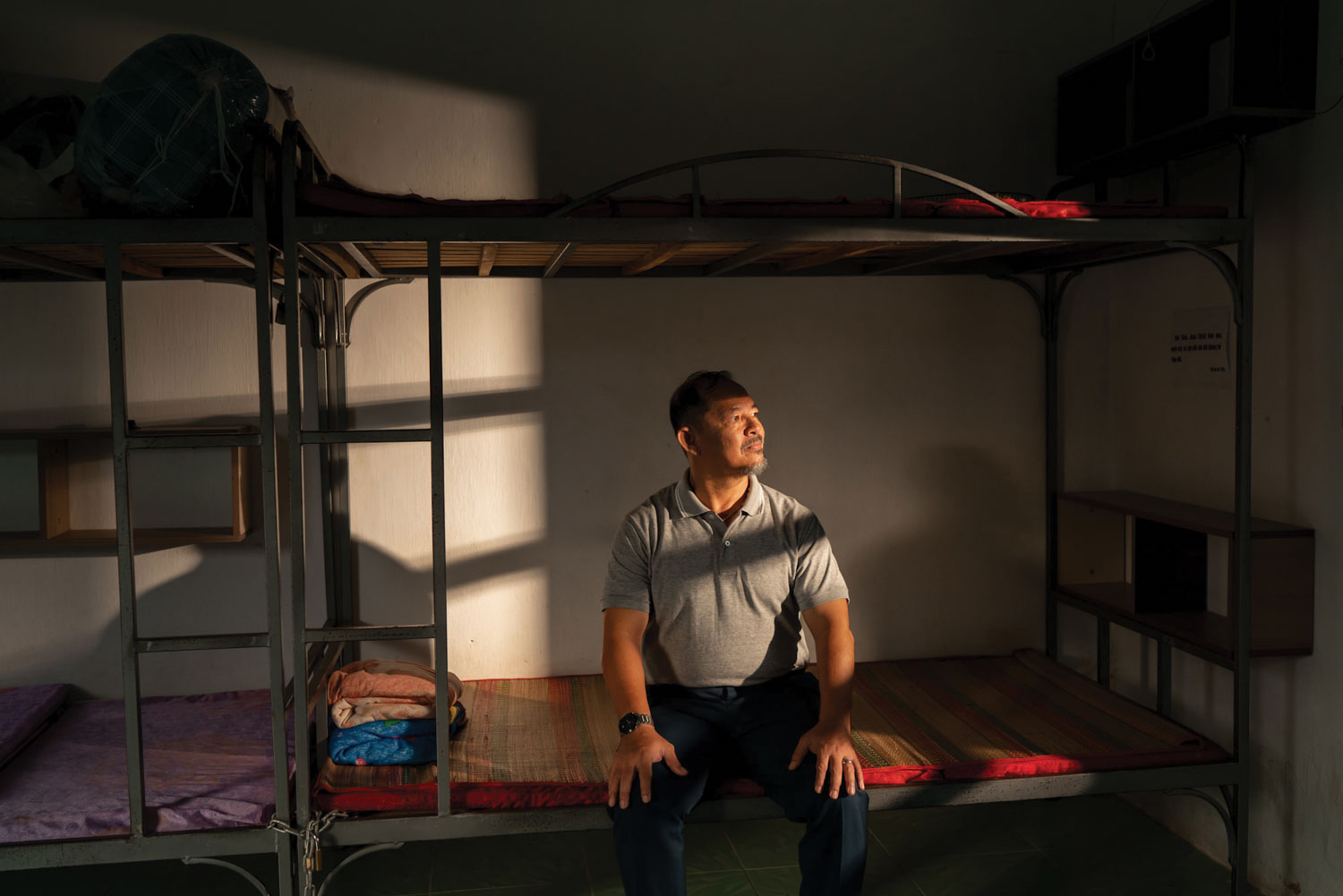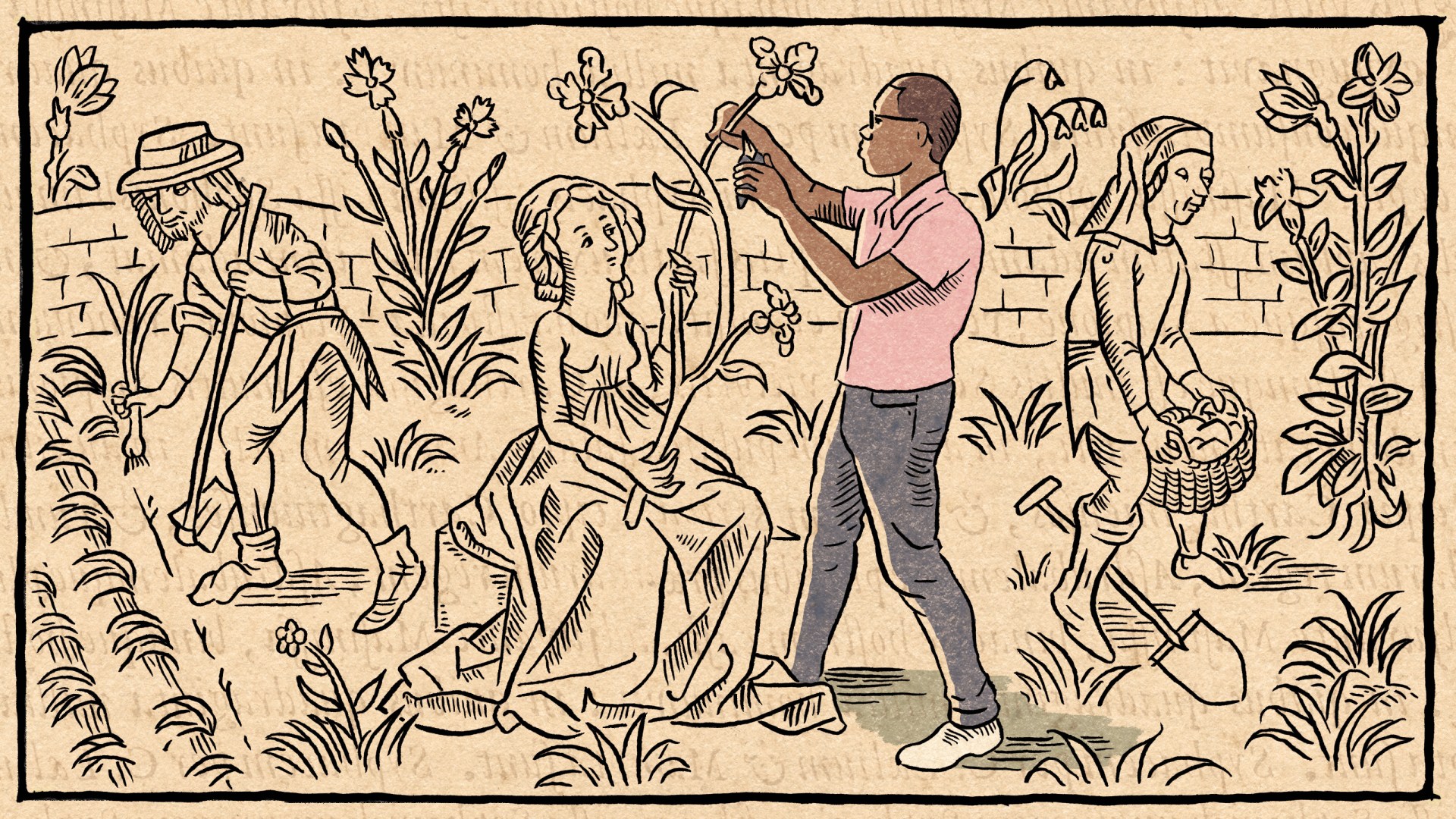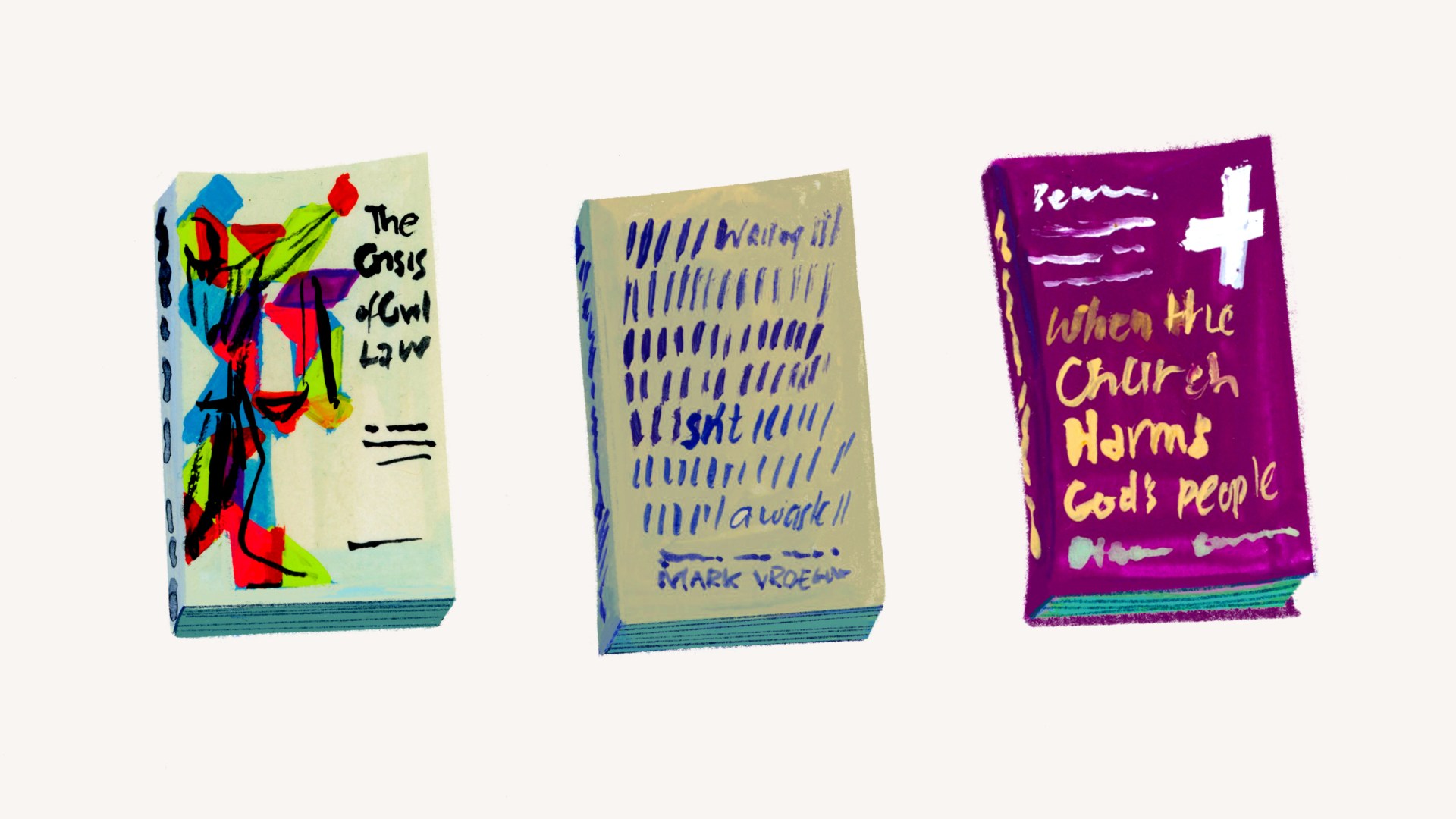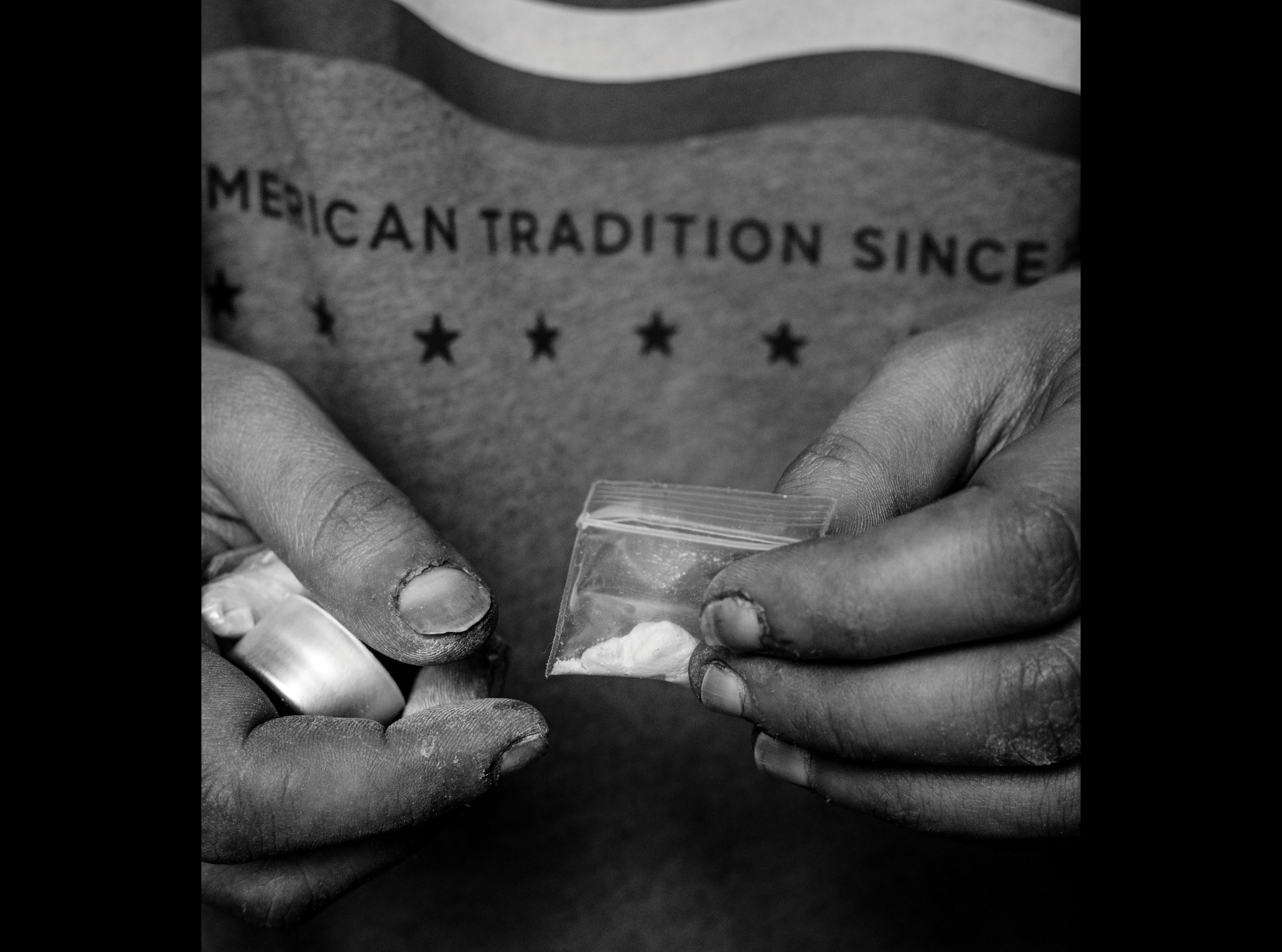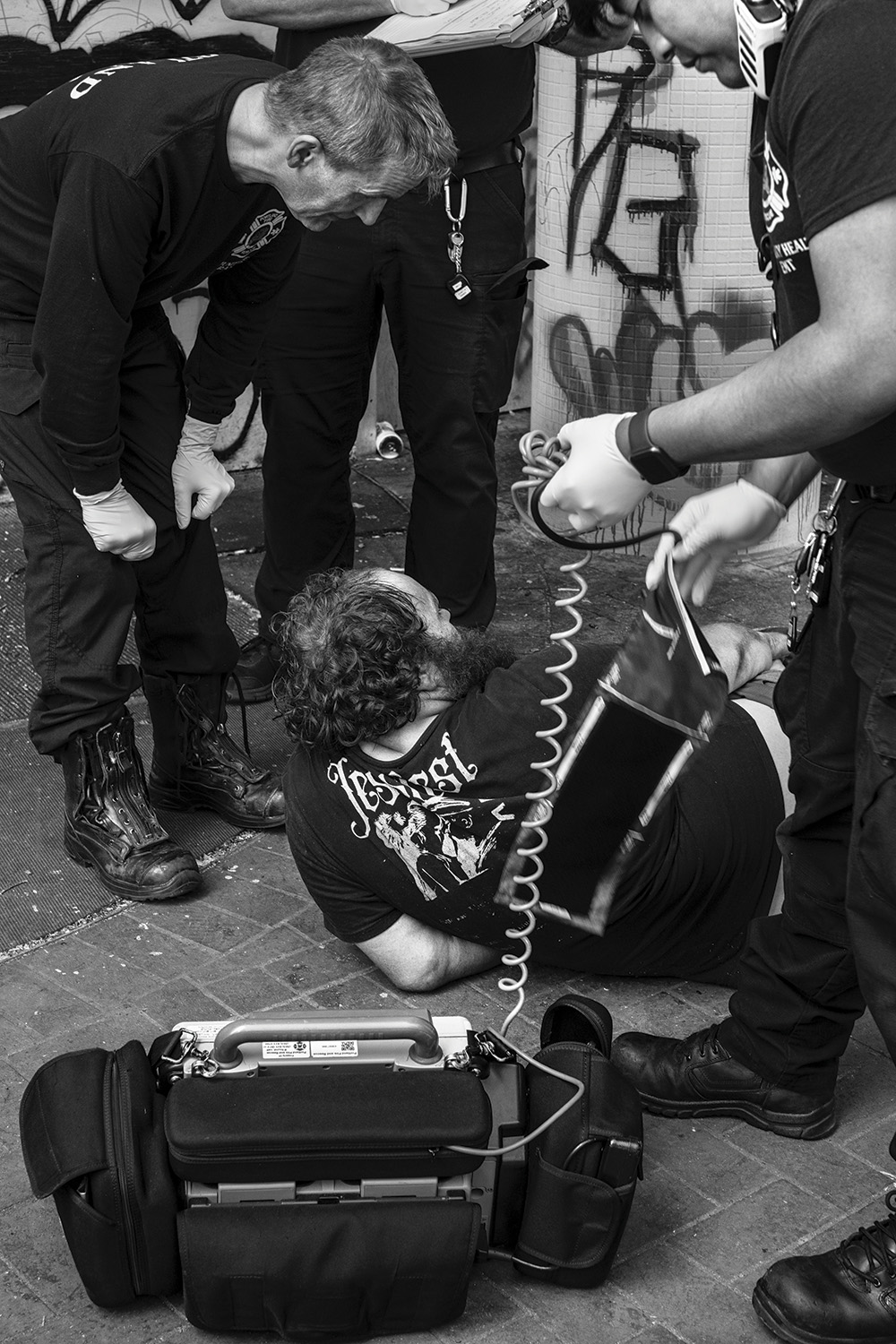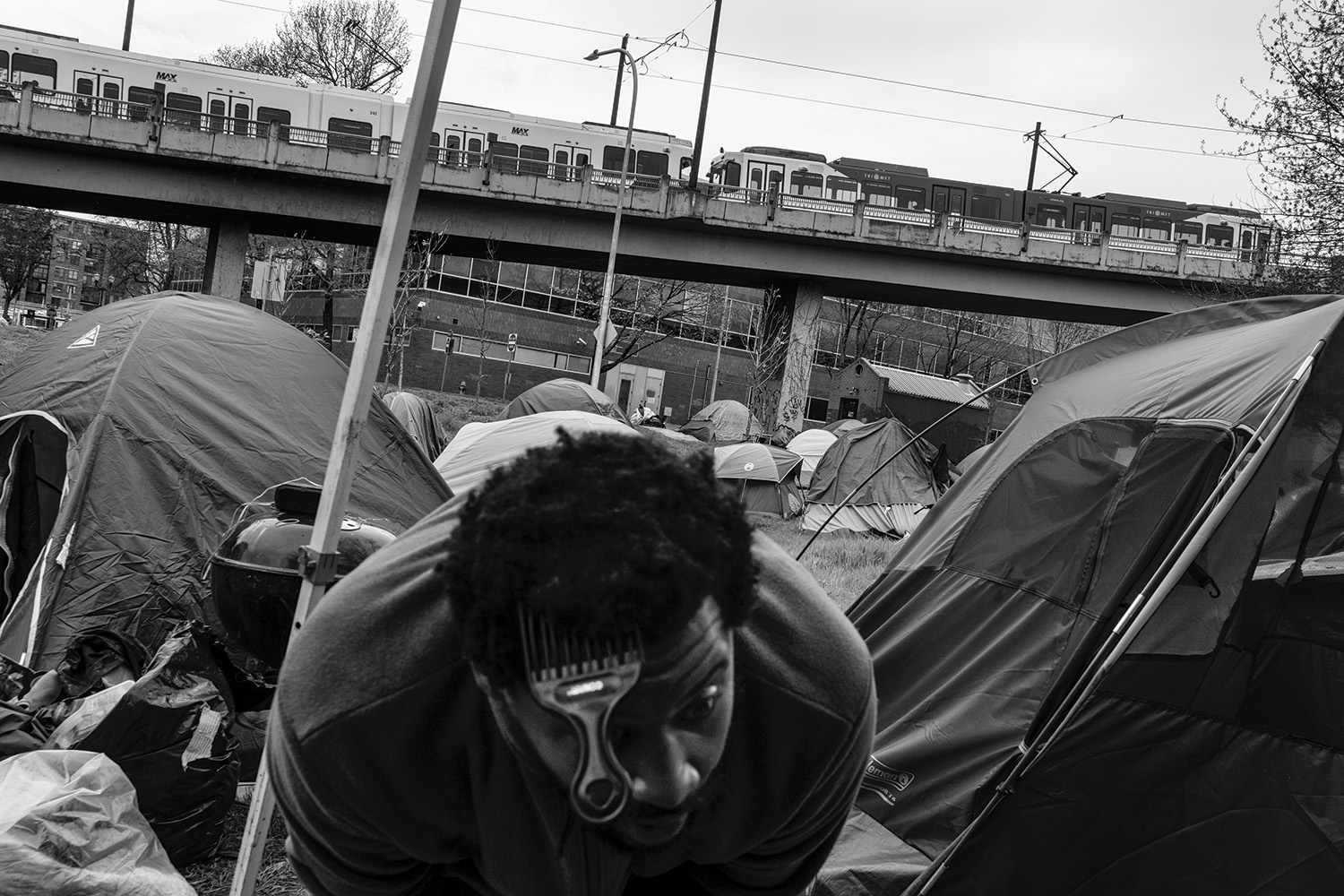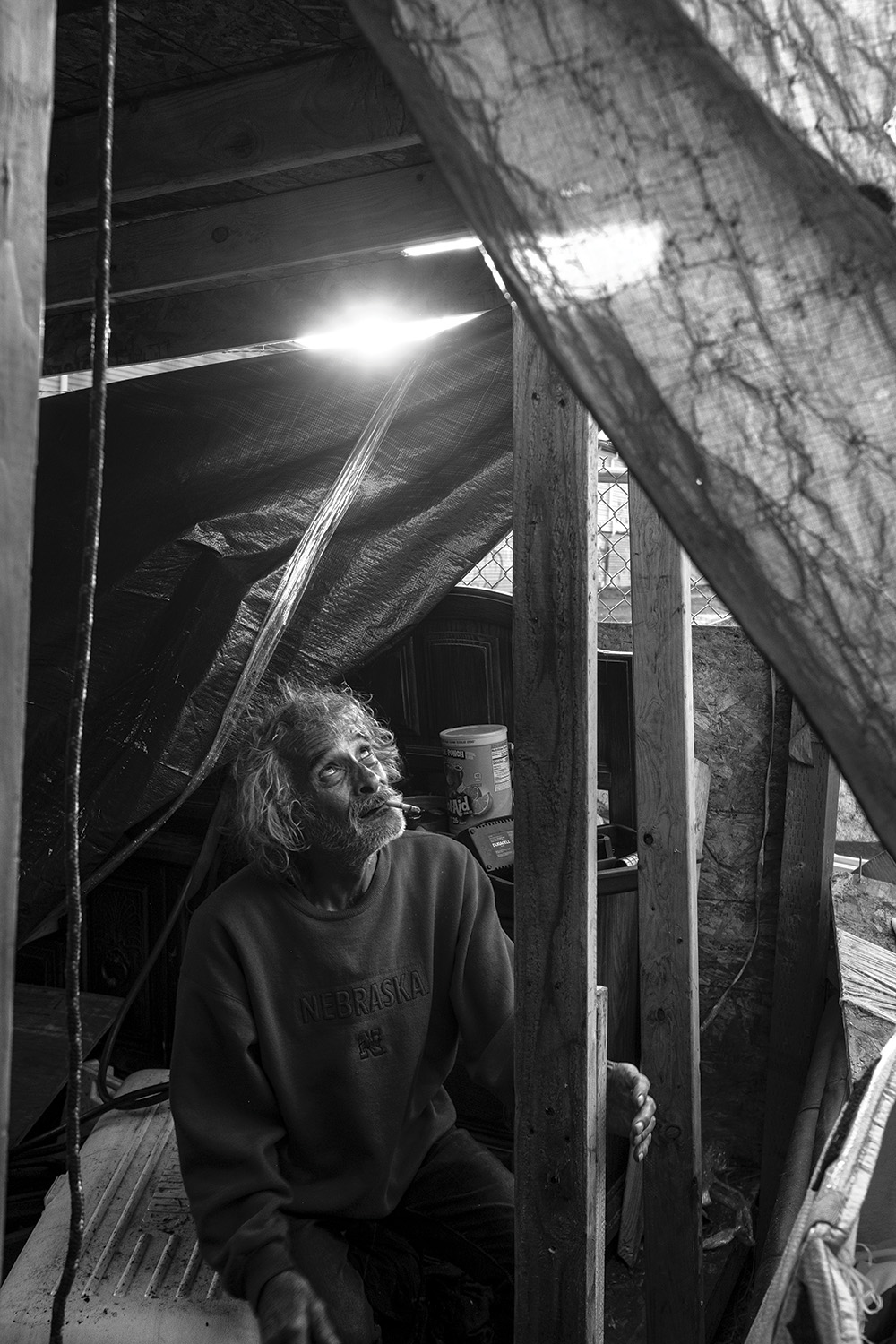The British evangelical lay leader John Smyth beat boys at a Christian camp and a boarding school in the 1970s and ’80s, telling them the violent punishment would cure them of their sins, including masturbation, dishonesty, and pride. He beat them until they bled and had to wear diapers.
More than a dozen Church of England ministers knew about this and kept it secret, according to an independent report commissioned by the Church of England in 2019 and released last week. The ministers didn’t notify higher church authorities or the police, though at least one acknowledged at the time that the beatings were “technically all criminal offences.”
Victims, some as young as 13, described Smyth sweating and heaving as he hit them with a cane on the buttocks and back of the legs.
“He sounded like a Wimbledon tennis player, a man serving,” one told an investigator. “There was kind of like this grunt every time he did it.”
Another recalled Smyth, who died in South Africa in 2018, breathing hard as he struck him ten times, took a break, struck him ten more times, took another a break, then continued with another rep of ten, drawing blood. Each blow, the victim recalled, was “absolutely ferocious.”
Some victims bled for weeks after Smyth beat them.
When an Anglican minister wrote a confidential report about the abuse in 1982, he spoke to a psychiatrist who told him Smyth’s behavior was sadomasochistic. But church leaders discussed Smyth’s “Christian usefulness” and the need for secrecy. They said keeping it private would be better for everyone, including the victims and their families, as well as the evangelical ministries they believed would be harmed by scandal.
“I thought it would do the work of God immense damage if this were public,” one of the men told investigators Keith Makin and Sarah Lawrence, who compiled the 251-page report.
According to the report, people who knew of Smyth’s abuse in the early 1980s include:
- David Fletcher, who ran the Iwerne Camps
- Peter Wells, a minister at the Iwerne Camps
- Mark Ruston, the Cambridge vicar who investigated in 1982
- Hugh Palmer, a vicar who ministered to one of Smyth’s victims in the hospital and who would go on to serve as rector of All Souls, Langham Place
- Alan Martin, head of the Scripture Union
- John Eddison, a traveling youth minister
- Mark Ashton, a prep school chaplain
- Andrew Cornes, a canon who went on to be a member of the General Synod
- Michael Green, rector of a church in Oxford
- Peter Sertin, rector of an Anglican Church in Paris
- John Trillo, a bishop who reviewed Smyth’s application for ordination
- George Carey, the principal of a theological school in Bristol, who would go on to become Archbishop of Canterbury
Justin Welby, the current Archbishop of Canterbury, worked at the Christian camps while Smyth was there and knew Smyth. One victim claimed Welby learned about the abuse in 1978. Welby said this is not true. He said he heard some vague accusations from a minister in Paris 1981 but didn’t learn detailed allegations until 2013, when he became archbishop.
In 2013, Welby was told that the matter had been reported to police. He did not inquire further. There is no evidence that a police report was actually filed.
“The review is clear that I personally failed to ensure that after disclosure in 2013 the awful tragedy was energetically investigated,” Welby said in an apology.
On Tuesday, the archbishop announced he would be stepping down.
“I must take personal and institutional responsibility,” Welby said in a letter he posted on X. “I hope this decision makes clear how seriously the Church of England understands the need for change and our profound commitment to creating a safer church.”
Victims’ advocates said one resignation is not enough, though.
“The Church’s failings on safeguarding are systemic & not limited to one individual,” Richard Scorer, a lawyer specializing in abuse cases, wrote on X. “Mandatory reporting and independent oversight cannot come soon enough.”
If Welby had pushed for accountability in 2013, Smyth could have been brought to justice before he died. Others had the power to stop him from abusing more boys 31 years prior but chose to deal with it discretely, “trying to put up their own spindly fences around John Smyth,” as Christian writer Lucy Sixsmith described it, “assuming, with breathtaking levels of entitlement, that the matter is theirs to deal with amongst themselves.”
In 1982, the church leaders who knew about Smyth’s abuse of boys at the camp and boarding school negotiated with him, offering him their discretion if he agreed to some conditions. They wanted him to see a psychiatrist, cut off contact with his victims, and agree not to work with children anymore.
Several of the leaders called this the “price of our silence.” The report argues that this constituted a cover-up.
“This interpretation of what occurred has been questioned by many,” the report says, “but our firm conclusion is that a serious crime was covered up. The correspondence includes words and phrases associated with ‘keeping things quiet’ and ‘secrecy.’”
The church leaders who negotiated conditions with Smyth later told people that he had signed a statement agreeing to the conditions and that no one needed to be concerned, because he would never work with children again. The investigators could not find a signed document, though. And if a piece of paper ever existed, Smyth had no trouble ignoring it. He did not go into therapy, maintained contact with many of the young men he’d abused, and started his own evangelical Christian camp in Africa, where he beat more boys.
According to the report released last week, Smyth abused at least 26 boys in England and another 85 in Zimbabwe.
Some of Smyth’s victims told investigators he used evangelical theology and the Bible to justify his violence. He liked to quote Hebrews 12:4, which says to resist sin “to the point of shedding your blood,” and Isaiah 53:5, which says, “By his stripes we are healed” (NKJV). Smyth would change the words of the prophet slightly, telling the boys that by their stripes they would be healed.
“John Smyth used these verses to suggest to us that the time had come in our spiritual growth to begin to show proper repentance for the sins that we were committing,” one victim said.
Some of the boys said they were later able to see that Smyth was twisting Scripture. Others could not separate Smyth from their faith.
“I just rejected everything,” one told the investigators. “I rejected my friends, I rejected my faith, I rejected everything.”
Smyth moved to Zimbabwe in 1984. Leaders over him were warned of his behavior in England, according to the investigative report, but decided it wasn’t fair to disqualify Smyth from ministry just because he had “once fallen in a particular fashion.”
In 1987, parents heard reports Smyth was frequently naked with the boys at the Christian camp, slept with them in the dormitories, and beat them with table tennis paddles. The punishment left bruises.
Smyth assured his trustees these were misunderstandings and agreed to make changes to avoid causing concern in the future, the report says. But he appears to have continued his abuse, unchecked.
In 1992, a 16-year-old boy named Guide Nyachuru was found dead, drowned naked in a pool. His body was bruised from one of Smyth’s beatings.
The death prompted a group of Zimbabwean ministers to ask for an independent investigation and sparked a criminal prosecution. Smyth was arrested by authorities in 1997, but the case got bogged down in legal technicalities and was postponed indefinitely.
Smyth relocated to South Africa in 2001 and lived there until his death at 77.
According to the investigative report, the ongoing impact of his decades of abuse is “impossible to overstate.” It could have been stopped, but church leaders preferred to keep things secret or chose to look away.
“Further abuse could and should have been prevented,” the report says. “The steps taken by the Church of England and other organisations and individuals were ineffective and neither fully exposed nor prevented further abuse.”
















